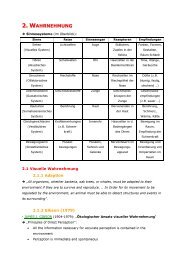
Conclusion: In a sample of patients with long-standing type 2 diabetes we could not confirm previous reports of improved cognitive capacity with restoration of glycemic control.

With regard to similar changes in controls, we interpret these improvements as practice effects rather than the consequence of altered metabolic control. From t1 to t2 they improved in those tests measuring attention/concentration, and psychomotor speed. Results: Diabetic subjects scored significantly lower in all cognitive tests used, while they did not differ from controls in mood status. Restoration of glycemic control included insulin treatment in the majority of patients (46/53). Cognitive performance was assessed by well-standardized tests with a focus on attention/concentration, psychomotor speed, verbal fluency and verbal memory mood status by two self-rating scales. 29 non-diabetic controls, comparable with regard to age, gender, education and verbal intelligence were examined twice with a corresponding time interval. They were examined prior to (t1), and following (t2) glycemic adjustment with a time interval of approximately 2 weeks. Methods: 53 patients with type 2 diabetes, most of them in secondary failure on oral antidiabetic drugs, but free from conditions which may cause brain dysfunction, were included (mean age 58.8 ± 6.1 years, duration of disease 12.0 ± 6.4 years).

Objective: To compare patients with type 2 diabetes to normal controls with respect to cognitive performance and to investigate the consequences of glycemic adjustment. Background: According to numerous studies, type 2 diabetes is associated with mild cognitive dysfunction, and there is some evidence suggesting favorable effects of improved metabolic control on the mental capability of elderly diabetic patients.


 0 kommentar(er)
0 kommentar(er)
